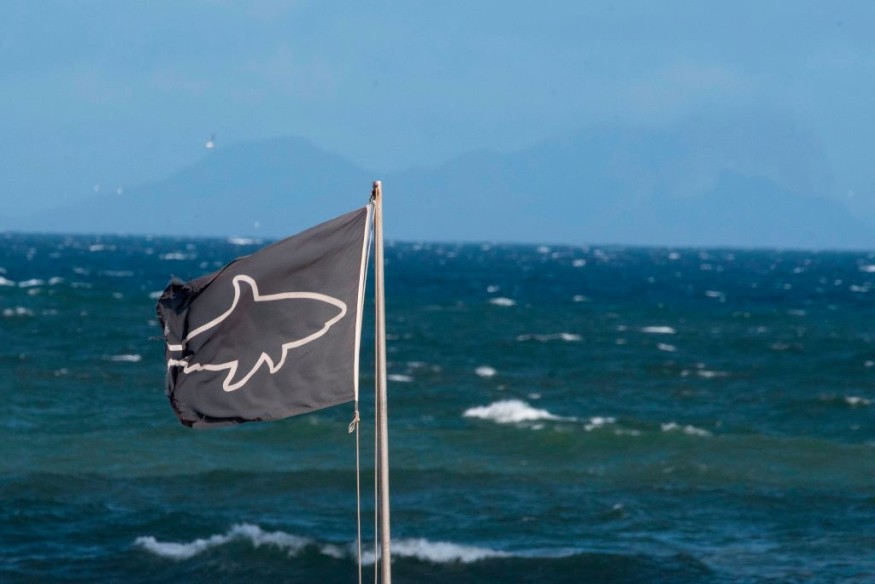People hail a local group of trekking fishermen who saved sharks at the iconic Cape Town surfing venue Surfers Corner in Muizenberg.
Fishermen can be seen urgently - and valiantly - trying to liberate several sharks entangled in their nets loaded with yellowtail in a Twitter post by well-known local surfer Deon Bing.
A seagull swooped in to steal a fish at one point, and interested bystanders gathered to see what was going on.

Fishermen Save Bronze Whaler Sharks in Famous Surfing Venue in Cape Town
One can only hope that the trapped sharks, which appear to be four Bronze Whaler Sharks, were safely released by the local trip fisherman.
Surfers who congregate daily must be wide-eyed at the current number of sharks in the area!
Several fishermen desperately sought to save sharks trapped in a net full of fish in the footage.
Local reports said some folks thought it was funny. One commented on Twitter and said: "Wow, look at that shark! Bet you all those surfers went home."
Wow
— Shane Jeremy Hendricks (@ShaneJeremy1) February 22, 2022
look at that shark! Bet you all those surfers went home 🤣
History of Fishing in Cape Town
Oceaneers, an organization that campaigns for the seas and sustainable fishing, noted the case where the fishermen allegedly netted sharks along with their daily catch.
Following online criticism of the event, Oceaneers posted an Instagram message from a community member explaining that 'trekking' has a long history in Cape Town.
Apartheid severely disturbed this way of life, EWN said. It forced removals, according to the community member.
Still, now that fishing is allowed on Muizenberg and other beaches again, not all the ancestors of the traditional fisher people are aware of which fish are allowed to be taken. Only yellowtail are allowed to be captured under their permission.
The community member said that only a few sharks and rays were caught in the nets on this occasion. Also, the authorized species taken were critical to the local communities' survival.
He claims the bakkie was stuffed with fish, and the hikers successfully released the sharks.
About Bronze Whaler Sharks
Florida Museum said the bronzy-grey to the olive-green color of the bronze whaler shark gives it its name.
The bronze whaler shark is a valuable commercial fish in New Zealand, Australia, Brazil, and South Africa. The bronze whaler is likely to be used for human food where it is found, despite the lack of landing data. Bottom trawls, line gear, and sports fisherman are all systematic methods of catching it.
Florida Museum added that the bronze whaler shark has been linked in 15 assaults since 1962, one of which ended in a fatality. It is thought to be potentially harmful to humans.
RELATED ARTICLE : UK Signs Deal With Faroe Months After Dolphin Massacre: Conservations Call On European Nations to Cease Whaling Activities
Check out more news and information on Space in Science Times.
© 2026 ScienceTimes.com All rights reserved. Do not reproduce without permission. The window to the world of Science Times.










